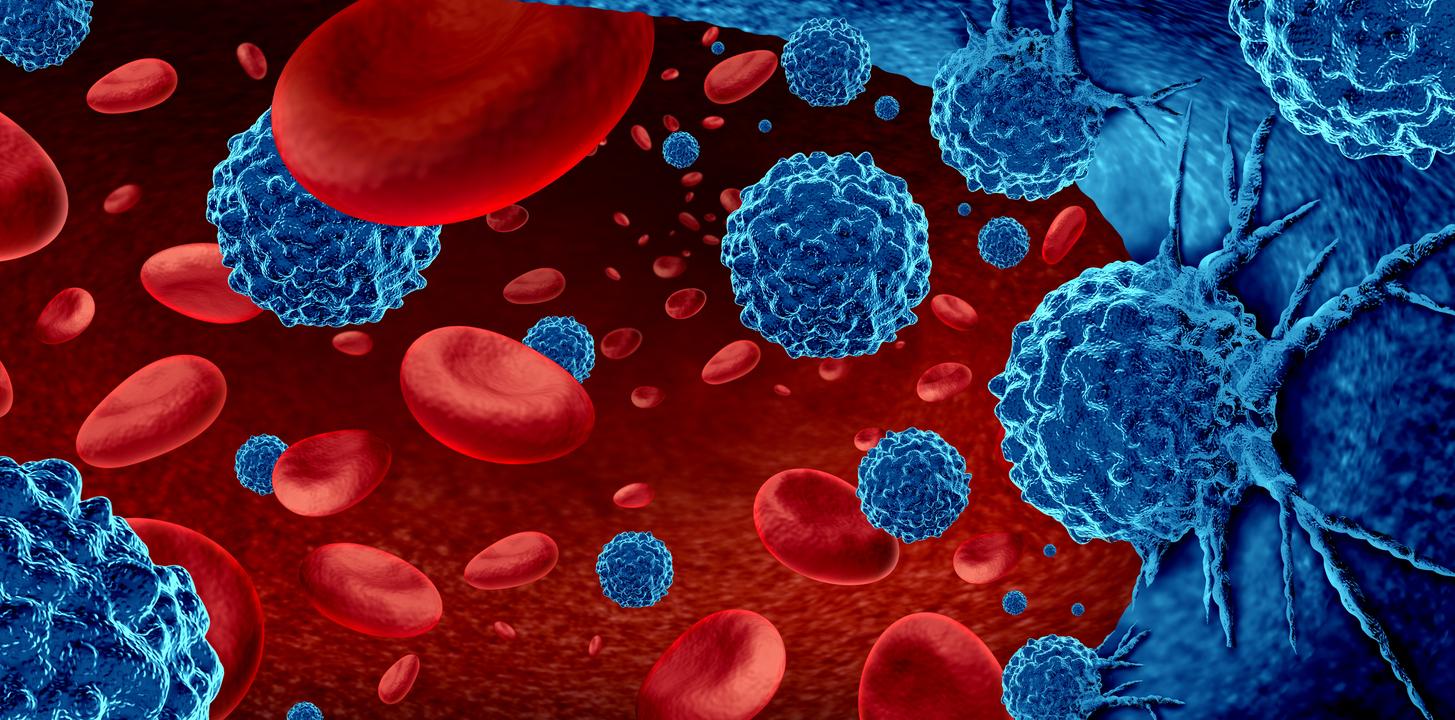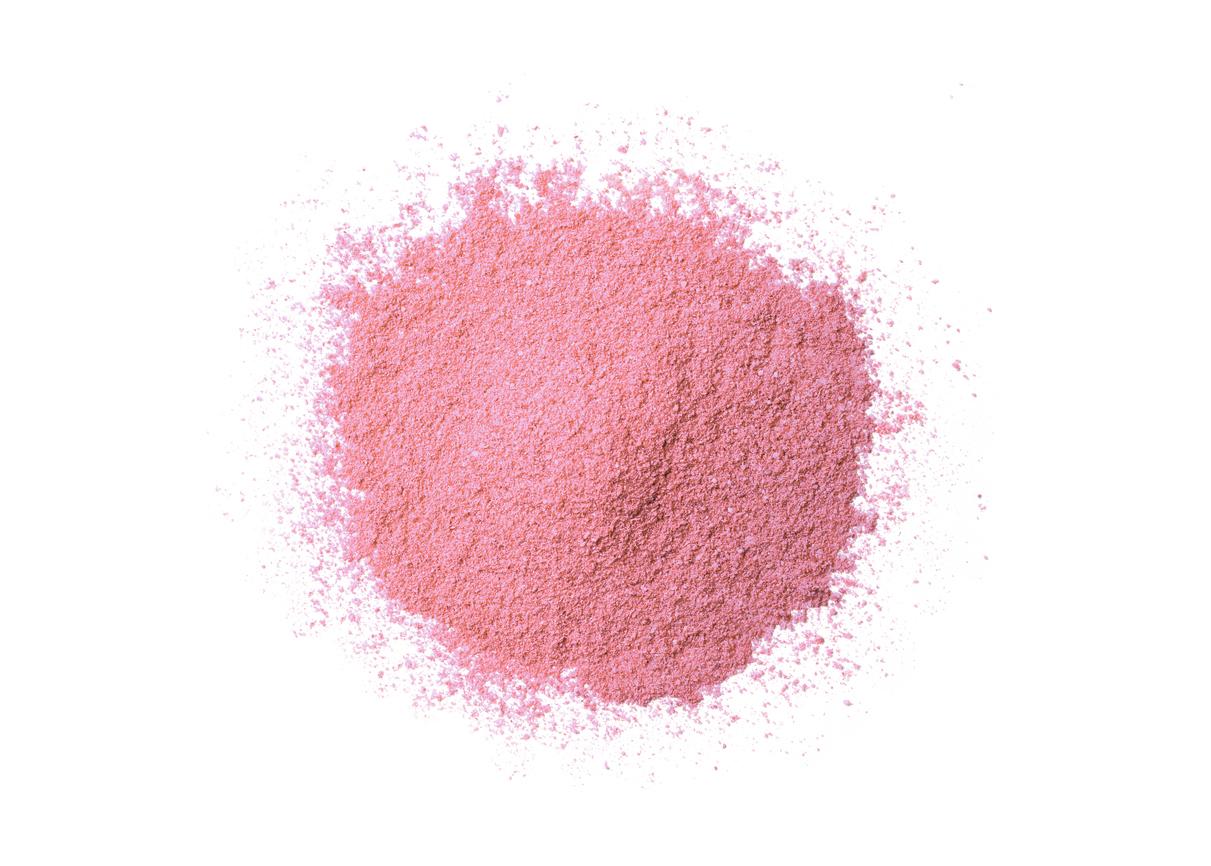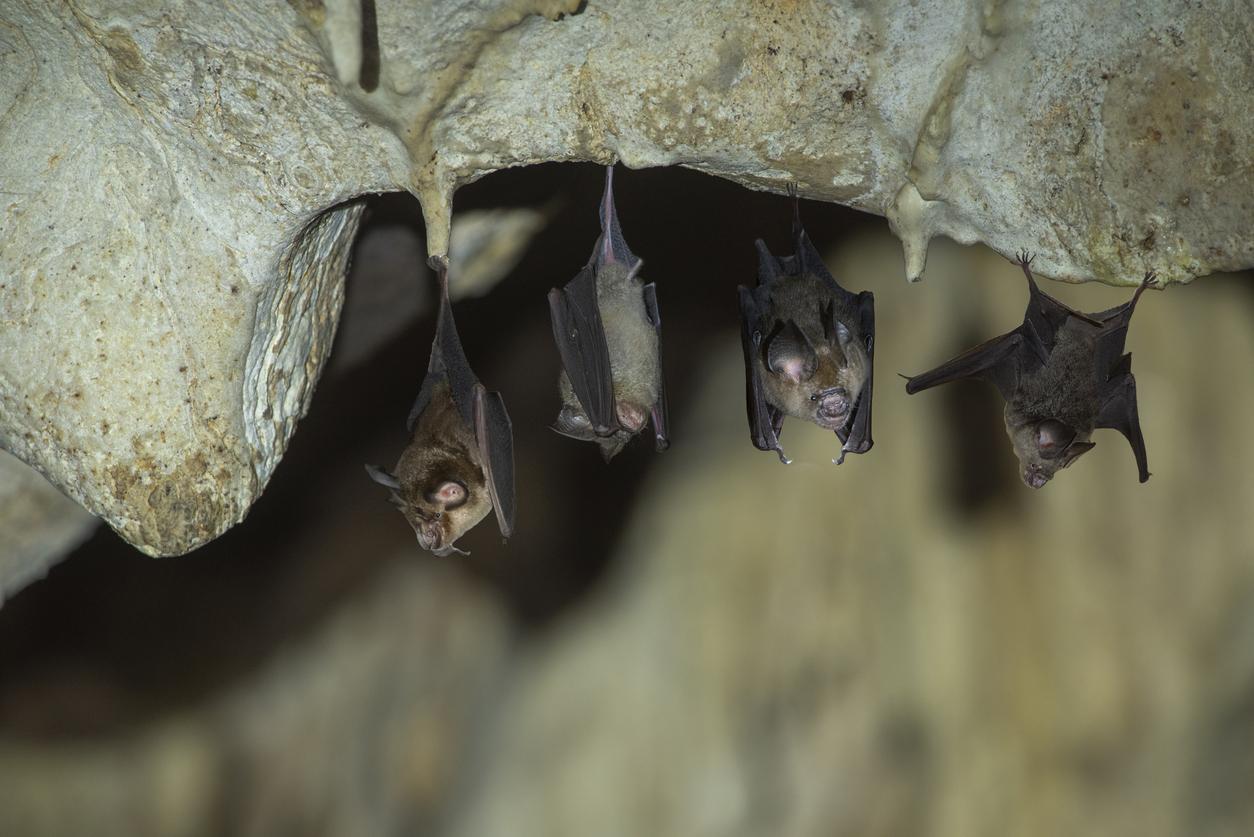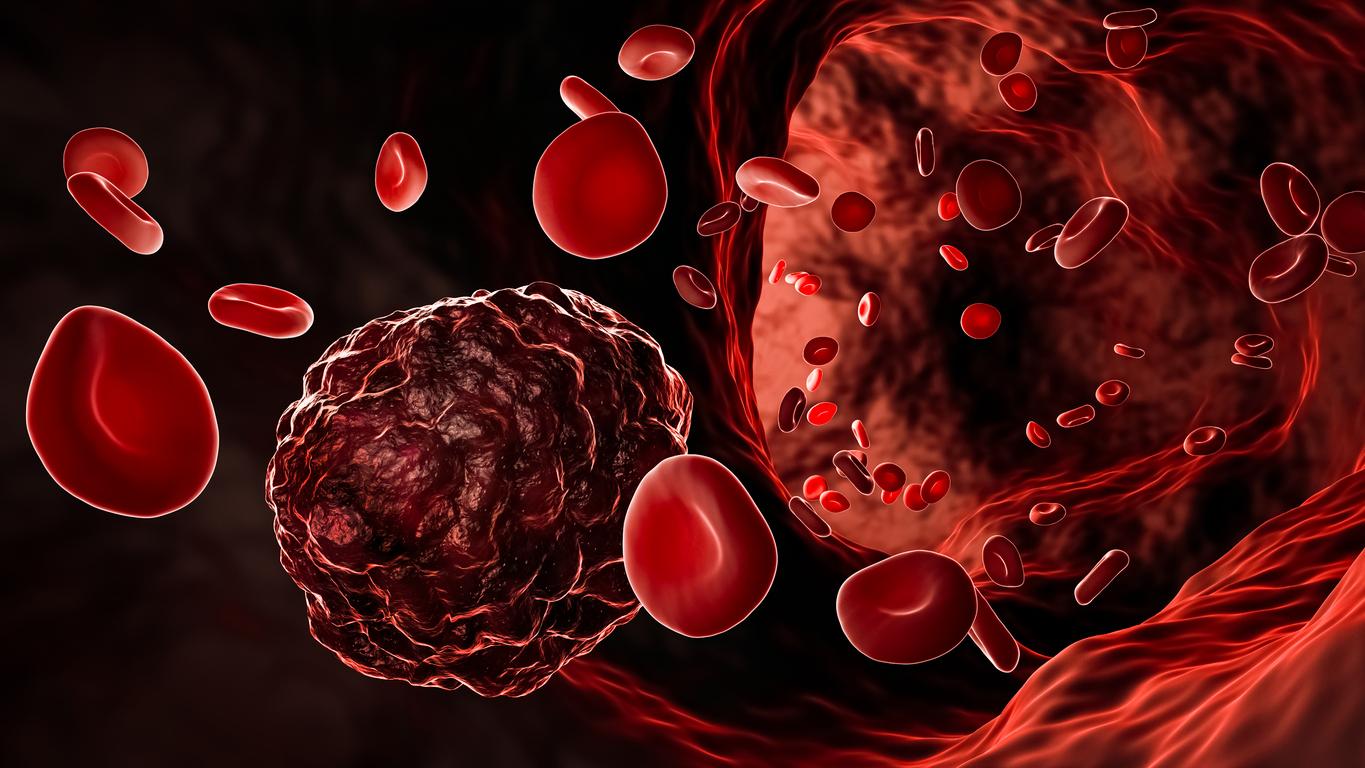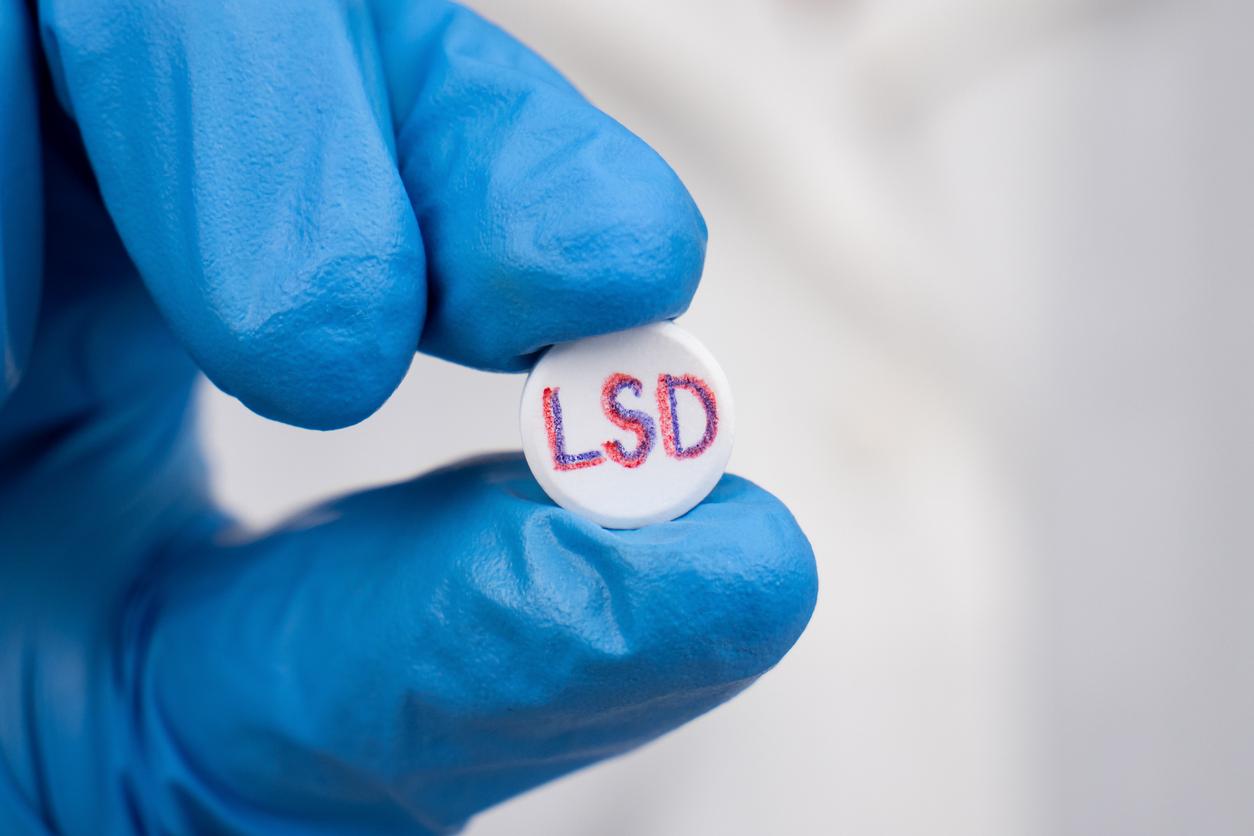The fight against drug trafficking in Colombia is slowing down. The government has banned the spraying of pesticides on coca fields, because of the health risk for the populations.

Between the fight against drugs and that against cancer, the Colombian government has decided. President Juan Manuel Santos has banned the spraying of a pesticide supposed to eradicate coca plantations. The product in question, glyphosate, was recently classified as a “probable carcinogen” by the International Agency for Research on Cancer (IARC).
In Colombia, coca plantations are spreading more and more. As part of its plan to fight drug trafficking, the country has launched a pesticide spray campaign. But at the end of April, the Ministry of Health launched the alert on the risks associated with the product used, glyphosate, which is notably present in Roundup (Monsanto).
“I will ask this morning the ministers and government officials who are part of the National Narcotics Council to suspend, at their next meeting next week, the spraying of glyphosate against the illicit crops of drug traffickers”, therefore announced President Juan Manuel Santos. The state should substitute the pesticide by another more effective but less harmful means.
It must be said that the risks associated with glyphosate are increasingly pointed out. In a notice published at the end of March, IARC experts point out that glyphosate promotes the development of Hodgkin lymphomas (cancer of the blood). It is therefore considered “probable carcinogenic”.
.










